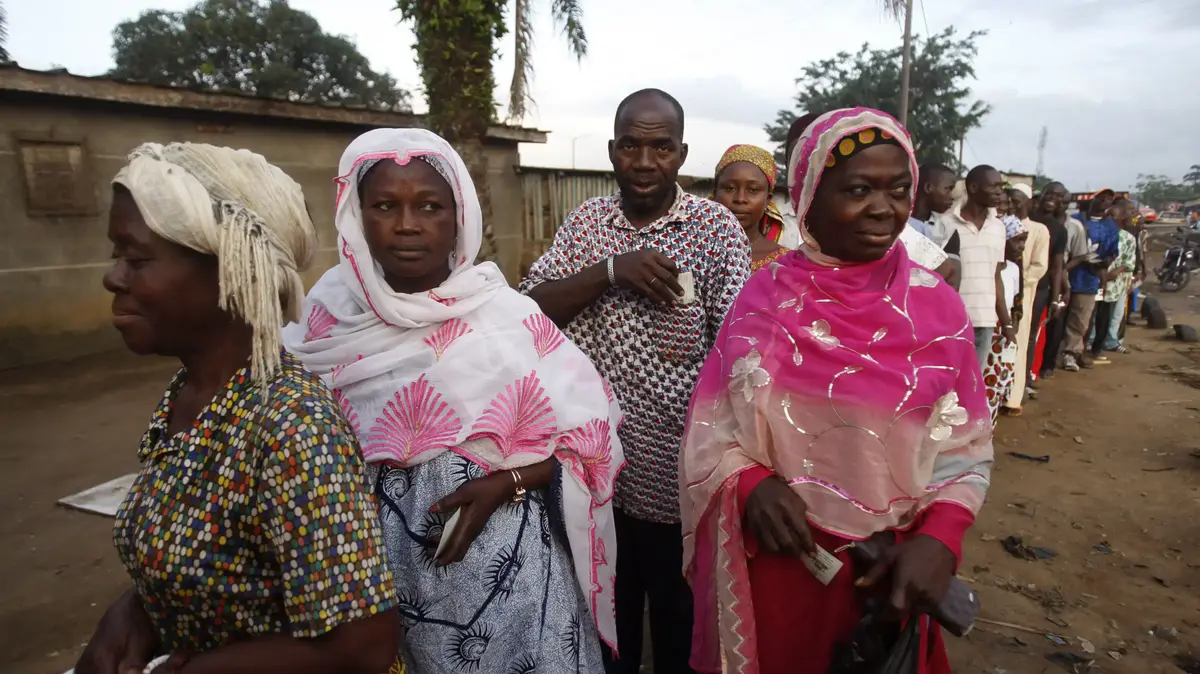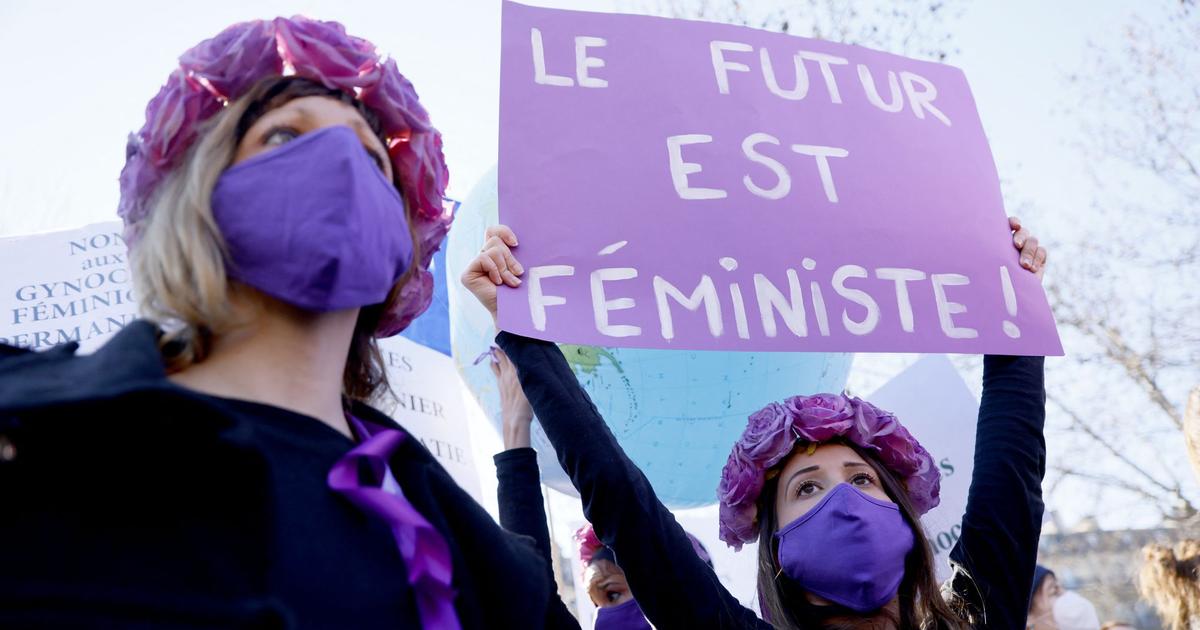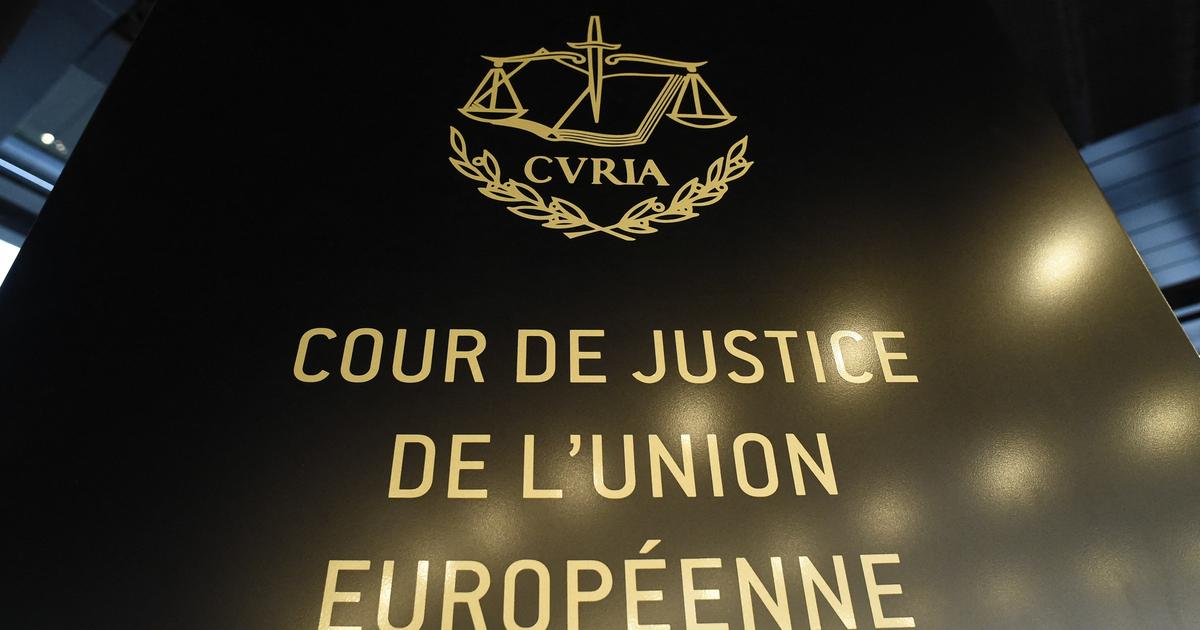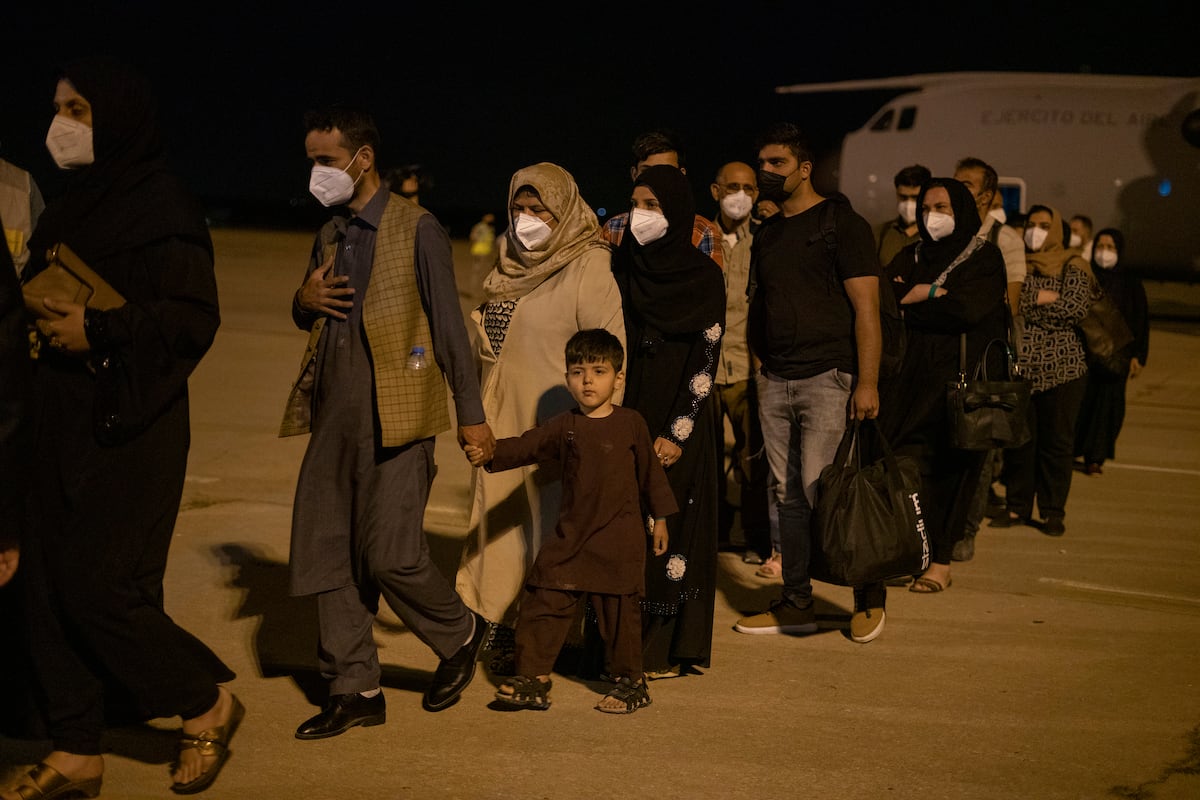The Supreme Ruled: A Danger for a Woman to Pass a Women's Word - A Reason for Receiving Refugee Status
The court overturned a Home Office decision, deciding to grant refugee status to a Cote d’Ivoire family, who argued that her daughters would be forced to pass a word of coercion if they returned. The judges said it was "a violent act in soft minors in a way that causes them irreparable harm"
The Supreme Ruled: A Danger for a Woman to Pass a Women's Word - A Reason for Receiving Refugee Status
Edit: Saul Adam(Video: Students protest against deportation of their company in Kiryat Gat, December)
The Supreme Court on Sunday recognized the danger that a woman would pass a women's word as grounds for obtaining refugee status. In doing so, judges Daphne Barak Erez and Ofer Grosskopf made a previous decision of the Interior Ministry. Judge Joseph Elron, who remained in the minority, believed that the application should be rejected.
The word of women is defined by the World Health Organization as a surgical operation that involves the partial or complete removal of the external genitalia, or any other injury to the genitalia that is not performed for medical reasons, but as part of religious practice or cultural community tradition. Judge Barak Erez noted that this was "a forced act, usually in minor minors in years, in a way that causes them serious and irreparable harm."
The petition dealt with a couple of Ivory Coast residents who entered Israel illegally from 2004-2005, and their two daughters, aged seven and 13, were born here. They argued in the petition, through attorney Michal Pomerantz and Asaf Weitzan, that their daughters would be forced to undergo a forced women's word process, as happened to the mother herself as a child, and as the family's grandmother did to one of her granddaughters. The mother's family also allegedly threatened to undergo the procedure for their daughters. For reasons of "respect for the family" and because of their refusal to mutilate their daughters, they themselves are likely to be in danger of persecution.
More in Walla! NEWS
Supreme Court overturns election committee decision: MK Hiba Yazbak can tackle Knesset sex crimes, escape from the country and Hasidic violence: Rabbi Berland's scandals like this will drink quality, tastier water without pollutants, metals, drugs and hormonesThe judges ruled that the legal entity is the religion and not the residential area. Women in Abijan, Ivory Coast, 2015 (Photo: AP)
Women queue up to vote for Abijan in Ivory Coast on October 25, 2015 (Photo: AP)
The couple's request for refugee status on the basis of that status was denied, and the Appeal Court also rejected an appeal. The tribunal acknowledged that fear of forced women's word may be grounds for refugee status, and even acknowledged that it would doubt whether the Ivory Coast's official bodies would be able to provide effective protection if they returned to their region of origin. However, it has been determined that the family can deal with the risk by relocating their residence within the Ivory Coast.
The district court also accepted the status request, which prompted the family members to appeal to the Supreme Court. The top justices agreed to discuss the appeal once again, as they considered it an unanswered legal question. This time, too, the state argued that family members could mitigate the risk by moving to the center or the Ivory Coast, where the local government could allegedly provide effective protection, while family members argued that "the most influential risk factor is the minor's religion and ethnicity, not the area of residence. ... More specifically, it is alleged that appellants have relatives living in other areas of the Ivory Coast, so the risk posed to minors is not exclusive to the northern state. "
"No compelling data on the extent of women's protection has been presented"
Justice Daphne Barak Erez, who wrote the crux of the ruling, noted that the UNHCR views the word of women as a form of gender violence that is rising to persecution. She added that "the Commission's directives on the matter state that, as a rule, a girl or woman's claim that she is exposed to the procedure of Forcing a gender-limiting organ can provide grounds for granting refugee status in accordance with the refugee convention. "Barak Erez also brought judgments from Canada, the United Kingdom and Australia where a woman's word of contradiction in her country of origin was a basis for granting refugee status.
The state did not disagree that fear of women could constitute grounds for granting refugee status, and at the center of the debate was the question of whether the family that filed the petition could, as an alternative, copy its place of residence within the Ivory Coast. In this context, Barak Erez noted that the state "failed to present compelling data on the extent of the protection of the word of women that the Ivory Coast gives to women in its territory."
Judge Elron believed that the temporary residence permit granted by the state to the family for humanitarian reasons should be satisfied. This is a similar refugee status, but one that must be renewed every year, and this is in contrast to refugee status - which must be extended after one year, then two years, and then every three years. Elron said the remedy was similar enough to that requested by the family, so the petition need not be decided. However, in principle, he also believed that fear of coercive women's word might justify granting refugee status.
It was held that the word of women is "a forced act." Supreme Court (Photo: Noam Moskowitz)
Supreme Court, Jerusalem (Photo: Noam Moskowitz)
"I agree, and the state disagrees with this, because a danger of women's genital mutilation may arise in appropriate cases for a cause of emissions," Elron wrote. "At the same time, it is important to make clear that this is not a sweeping recognition of any emissions claim for that reason, and that it must be examined in each case according to its circumstances ... The asylum seeks to prove personal grounds for its recognition as an emission, meaning that all the conditions required for it are met. , Issues that may result in the opposite result, such as having a reasonable and relevant possibility of returning to another region of the country that has no fear of persecution. "" No compelling data on the extent of women's protection has been presented "
Justice Daphne Barak Erez, who wrote the crux of the ruling, noted that the UNHCR views the word of women as a form of gender violence that is rising to persecution. She added that "the Commission's directives on the matter state that, as a rule, a girl or woman claims to be exposed to the Forcing a gender-limiting organ can provide grounds for granting refugee status in accordance with the refugee convention. "Barak Erez also brought judgments from Canada, the United Kingdom and Australia where a woman's word of contradiction in her country of origin was a basis for granting refugee status.
The state did not disagree that fear of women could constitute grounds for granting refugee status, and at the center of the debate was the question of whether the family that filed the petition could, as an alternative, copy its place of residence within the Ivory Coast. In this context, Barak Erez noted that the state "failed to present compelling data on the extent of the protection of the word of women that the Ivory Coast gives to women in its territory."
More in Walla! NEWS More in Walla! NEWSLive on the messages between Kahlon and the judge: "This does not tarnish the appointment process"
To the full articleJudge Elron believed that the temporary residence permit granted by the state to the family for humanitarian reasons should be satisfied. This is a similar refugee status, but one that must be renewed every year, and this is in contrast to refugee status - which must be extended after one year, then two years, and then every three years. Elron said the remedy was similar enough to that requested by the family, so the petition need not be decided. However, in principle, he also believed that fear of coercive women's word might justify granting refugee status.
"I agree, and the state disagrees with this, because a danger of women's genital mutilation may arise in appropriate cases for a cause of emissions," Elron wrote. "At the same time, it is important to make clear that this is not a sweeping recognition of any emissions claim for that reason, and that it must be examined in each case according to its circumstances ... The asylum seeks to prove personal grounds for recognizing it as an emission, which means that all the conditions required for it are met. "Issues that may have the opposite effect, such as having a reasonable and relevant possibility of returning to another region of the country where there is no fear of persecution, will be resolved."
Finally, it was Judge Grosskopf who made the decision. "I was not convinced that the level of threat of harm to the minor appellants in the other areas was low enough to justify asserting that they constitute a reasonable alternative," he wrote - thus joining Justice Barak Erez's ruling that the family was granted refugee status in Israel.









